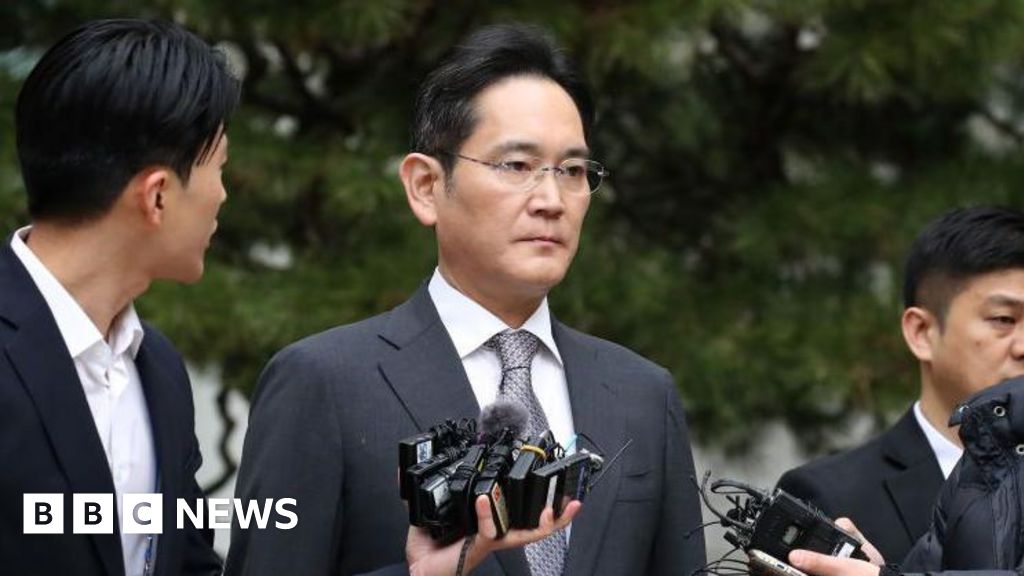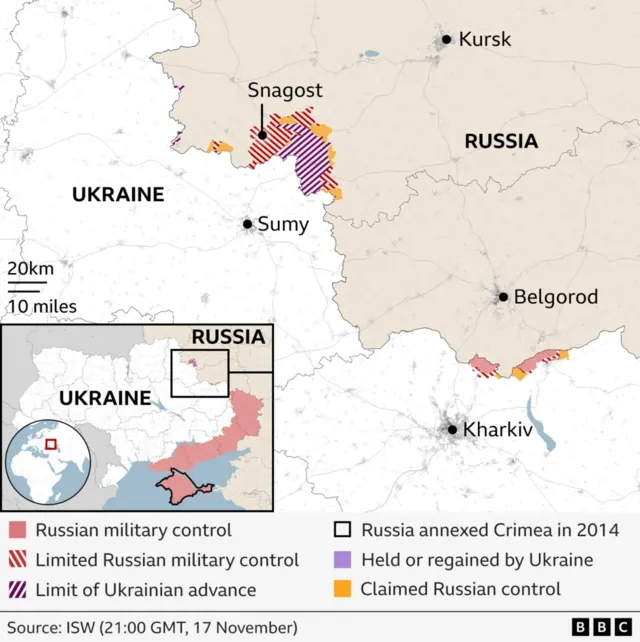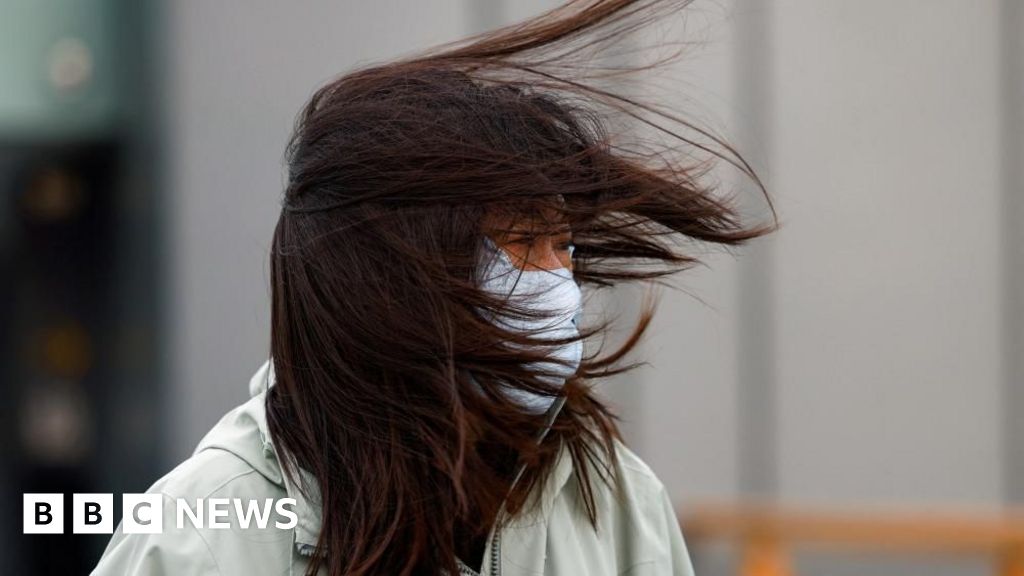
Samsung boss Lee Jae-yong has been cleared by South Korea’s top court of fraud charges, concluding a years-long legal battle over his role in a 2015 merger deal.
Lee, the grandson of Samsung’s founder and the de facto head of the company since 2014, had been accused of using stock and accounting fraud to try to gain control of the firm.
In its final verdict, the Supreme Court in Seoul upheld a not guilty verdict, after Lee was acquitted of all charges in two earlier trials.
The case drew widespread scrutiny of the technology giant, as the country grapples with corporate corruption scandals involving its powerful family-run conglomerates known as chaebols.
“Today, the Supreme Court has clearly confirmed through its final ruling that the merger of Samsung C&T and the accounting treatment of Samsung Biologics were lawful,” said Samsung’s lawyers on Thursday.
“We sincerely thank the court for its wise judgment following a thorough five-year trial process.”
Prosecutors accused Lee and his advisors of inflating the value of his pharmaceutical firm, Samsung Biologics, through fraudulent accounting.
They argued that the higher value allowed him to buy a larger share of a key Samsung subsidiary in a 2015 merger deal, which secured his succession.
Prosecutors also said the merger was designed to shift control of the company from Lee’s father, Lee Kun-hee. His father, who faced legal troubles of his own, suffered a heart attack in 2014 and died in 2020.
The younger Lee was first arrested in 2017 for bribing an advisor to former President Park Geun-hye to smooth his succession at Samsung.
Over the course of his legal problems, he had separate jail terms cut short – one due to a special presidential pardon when he was on parole from prison.
At the time, the government said the leader of the country’s biggest company was needed to spearhead South Korea’s economic recovery in the wake of the Covid-19 pandemic.
In 2024, a district court cleared Lee of all charges linked to the merger worth around $8bn (£5.97bn) of two of its subsidiaries.
Lee was cleared again after prosecutors appealed the case in the High Court.
The legal cases over the past decade have added to Samsung’s troubles as it struggled with intensifying competition.
Samsung Electronics, which has major operations making smartphones and computer chips, has been facing declining sales in recent years.
Last year during a trial, Lee acknowledged that Samsung faces major challenges.
“The reality facing [Samsung] is harder than ever, but I will overcome and take a step forward,” he said.
US President Donald Trump’s tariffs are another potential hurdle for Samsung, which exports a large number of products to America.
The court’s decision was welcomed by the country’s business community.
The Federation of Korean Industries said in a statement that the ruling will allow swift decisions at the top of Samsung, which will help the economy navigate trade turmoil with the US.



